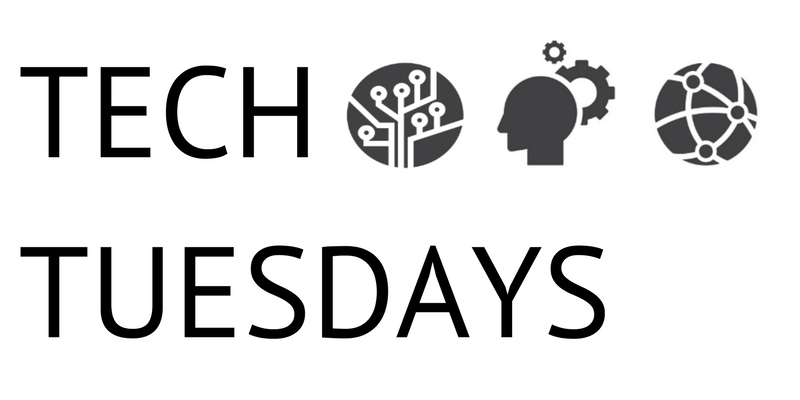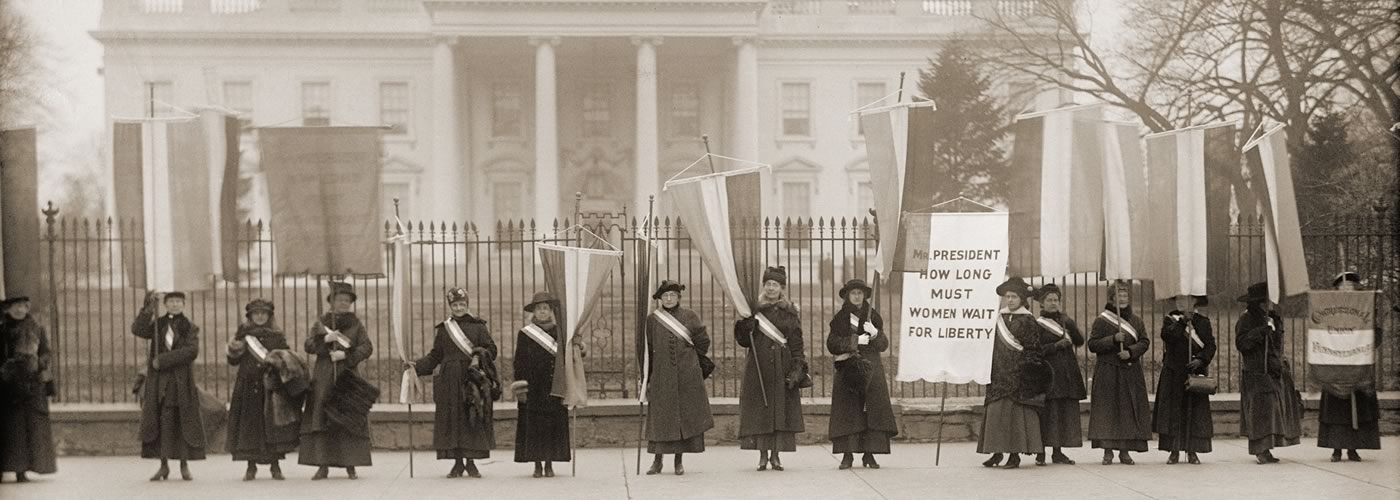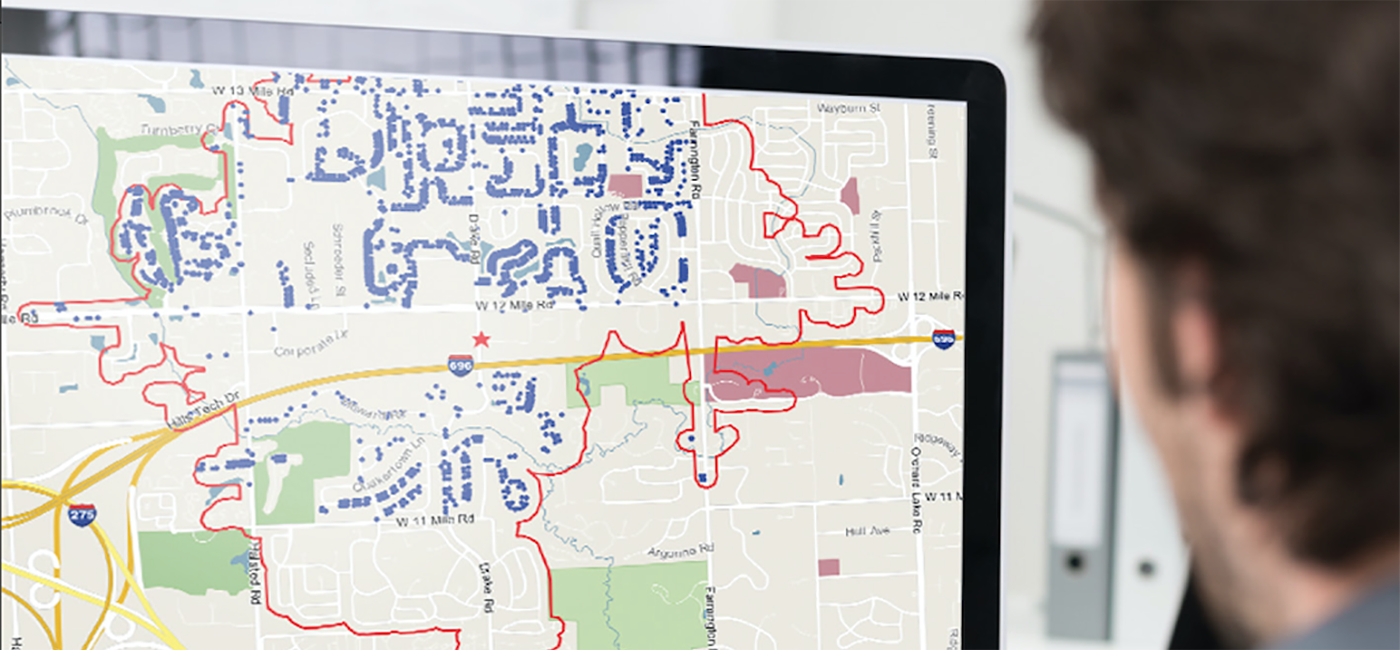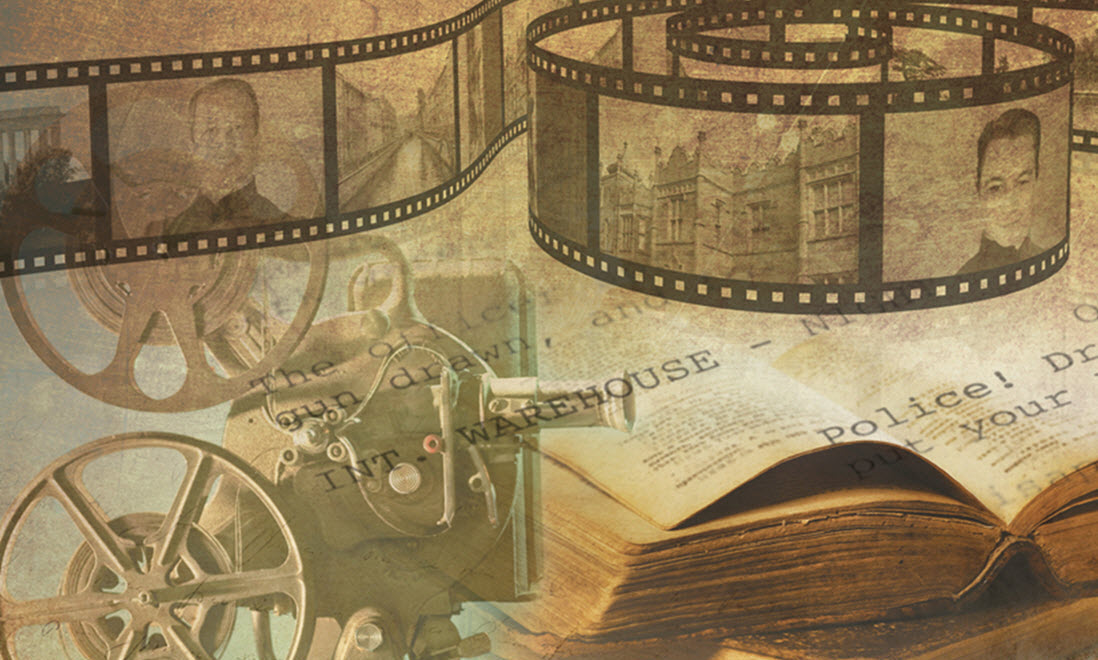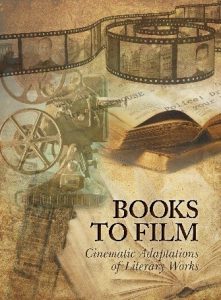| By Mary Kelly |
Just recently I had an age crisis at work. A young teen girl asked to borrow the phone on my desk. I pushed the desk phone toward her and said “sure, help yourself, dial 8 to get an outside line.” She stared at me and asked for a “real phone” since she didn’t know how to work those desk phones. I actually had to teach someone how to use a regular desktop phone. This was a first for me, as a librarian. This young teen had never used a traditional phone. In her world, the only kind of phone is a smartphone.
As I am chewing on this little fact, I realize that in my library career of nearly 20 years, I have seen an insane amount of change in technology. It really doesn’t seem all that long ago that computers were a “new” tool in libraries. I remember teaching my first computer class for library patrons and we had standing room only. Without a doubt, computers were an integral part of our daily practice as librarians.
Even as late as 2009 and 2010, my partner and I were regularly presenting a program to other librarians called “Tech Support is Reference” through conferences and other library training. The message of this program was that librarians had a duty to assist patrons regardless of what kind of questions they asked. At the time, there was significant resistance in the profession to assist patrons who asked “tech support” type questions. More than one library professional thought computers would ruin library reference service. (Part of me wants to be petty and say “I told you so” to those librarians who all but accused me of ruining the profession. Luckily, this is published on a website and since they hated computers so much, they will probably not notice my remark.)
The modern library professional isn’t going to last long in a library setting if they don’t embrace change in a very real way. Not only must librarians be knowledgeable, but we also must be able to communicate that knowledge through a variety of mediums. The implication is huge. It is expected that a modern librarian will be knowledgeable about technology and that we be able to fashion that knowledge into usable content for a variety of learning styles. Regular and consistent training on new technologies, emerging topics and other subjects need to be ingrained as a regular part of the job. Combined with limited budgets and time for professional development means that most of us will have to do this without support.
Read moreStepping Up Career Development at Your Library




